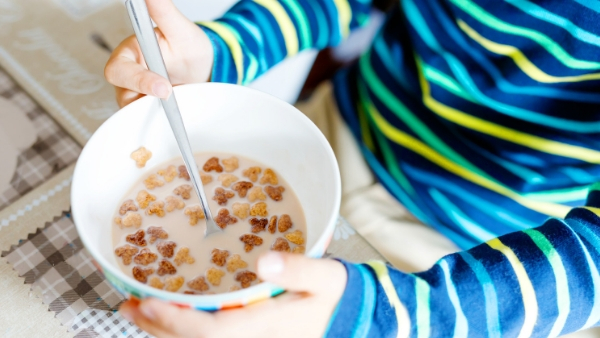The DfE has announced that more schools are now providing breakfast clubs under the National School Breakfast Programme.
The figures published by charity Family Action, follow the investment of up to £26m announced by the Education Secretary in March 2018, for two leading charities to run breakfast clubs for pupils in more than 1,700 schools by 2020.
Since March 2018, five hundred new or improved breakfast clubs have signed up to the National School Breakfast Programme delivered by Family Action – in partnership with Magic Breakfast.
Thousands more children across the country are now getting a healthy and nutritious start to the day at a new or improved school breakfast club, the Children and Families Minister Nadhim Zahawi announced in November 2018.
Aim of the Programme
- to help children lead healthier lives
- to support the country’s most disadvantaged families
The government is now encouraging more schools in disadvantaged areas to join the breakfast clubs programme, including the government’s 12 Opportunity Areas – which are receiving a share of £72 million, to help raise education standards in areas where children face greater challenges.
Benefits of school breakfast programmes
Research from the Education Endowment Foundation shows that breakfast clubs which offer primary school pupils a free and nutritious meal before school, can boost their reading, writing and maths results.
As well as providing a nutritious meal, many clubs offer children the chance to be more active and provide extra-curricular activities such as extra reading sessions to improve their learning.
There has been research into the benefits of children having a good breakfast. These include:
- Improved concentration
- Improved attendance and punctuality
- Improved attainment and achievement at school
A 2008 report by the School Food Trust, found that in deprived areas of London, KS2 SATs results were better in schools with breakfast clubs than in those without.
Summary
The investment of up to £26 million in breakfast clubs, builds on the Government’s support for the most disadvantaged families, to ensure children get continued access to healthy meals and activities during the holidays.
The main purpose of a breakfast club is to provide a safe, secure environment before school, where children can enjoy breakfast with their friends.
Although the expansion of breakfast clubs is still in its early stages, the initial results appear positive – food for thought?!
